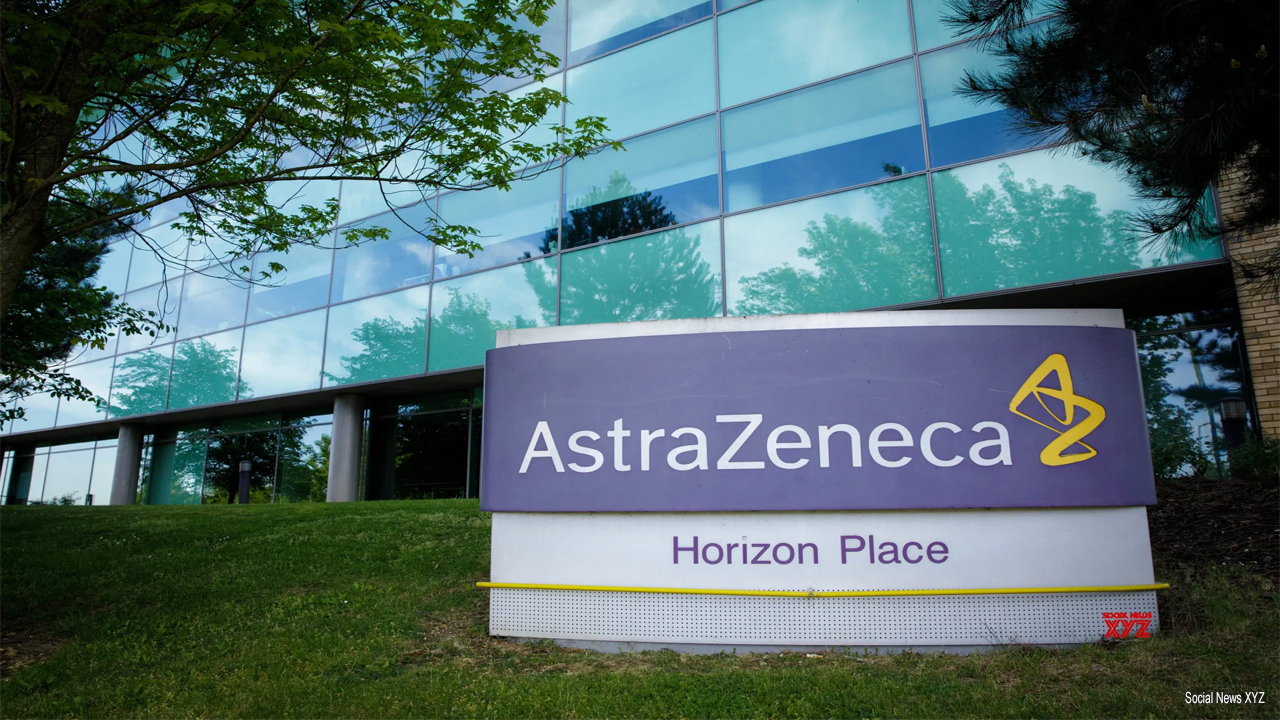Results of an interim analysis of the Phase III programme conducted by Oxford University with AZD1222, peer-reviewed and published in The Lancet today, demonstrated that the vaccine is safe and effective at preventing symptomatic COVID-19 and that it protects against severe disease and hospitalisation. The interim analysis for efficacy was based on 11,636 participants accruing 131 symptomatic infections from the Phase III UK and Brazil trials conducted by Oxford University.
As announced on 23 November 2020, the primary efficacy endpoint of the programme statistical plan, based on the pooling of two dosing regimens, showed that the vaccine is 70.4% (95.8% CI: 54.8% to 80.6%) effective at preventing symptomatic COVID-19 occurring more than 14 days after receiving two doses of the vaccine. A secondary efficacy endpoint of prevention of severe disease demonstrated no cases of severe infections or hospitalisations in the vaccine group.
A further analysis of the efficacy regimens showed that when the vaccine was given as two full doses, vaccine efficacy was 62.1% (n=8,895; CI 41.0% to 75.7%), and 90.0% (n=2,741; CI 67.4% to 97.0%) in participants who received a half dose followed by a full dose.
Vaccine efficacy was also assessed on the secondary endpoint of early prevention of severe disease after the first dose. There were no hospitalisations or severe cases of COVID-19 more than 21 days after the first dose of the vaccine. Ten participants in the control group were hospitalised due to COVID-19, among whom two were assessed as severe, including one fatal case.
More data will continue to accumulate as part of the upcoming primary analysis and further follow-up, refining the efficacy reading and characterising vaccine efficacy over a longer period of time.
The safety data published so far is from over 20,000 participants enrolled across four clinical trials in the UK (COV001 and COV002), Brazil (COV003) and, in addition, from South Africa (COV005). The Lancet publication confirmed that AZD1222 was well tolerated and that there were no serious safety events confirmed related to the vaccine. The participants were from diverse racial and geographic groups who are healthy or have stable underlying medical conditions. This analysis provides safety data on 74,341 person-months of follow-up after first dose (median 3.4 months) and 29,060 person-months of follow-up after two doses (median 2.0). The overall reported rates of serious adverse events were 0.7% in the vaccine group and 0.8% in the control group.
Professor Andrew Pollard, Director of the Oxford Vaccine Group and Chief Investigator of the Oxford Vaccine Trial, said: “Today, we have published the interim analysis of the Phase III trial and show that this new vaccine has a good safety record and efficacy against the coronavirus. We are hugely grateful to our trial volunteers for working with us over the past eight months to bring us to this milestone.”
Pascal Soriot, Chief Executive Officer, said: “Today’s peer-reviewed publication enables a full disclosure of the Oxford programme interim analysis. The results show that the vaccine is effective against COVID-19, with in particular no severe infections and no hospitalisations in the vaccine group, as well as safe and well tolerated. We have begun submitting data to regulatory authorities around the world for early approval and our global supply chains are up and running, ready to quickly begin delivering hundreds of millions of doses on a global scale at no profit.”
Submission of the data to regulatory authorities around the world has already begun, as part of their ongoing rolling reviews of the vaccine data for temporary use or conditional approval during this health crisis. The Company is also seeking Emergency Use Listing from the World Health Organization for an accelerated pathway to vaccine availability in low-income countries.
In addition to the Oxford led programme, AstraZeneca is conducting a large study in the US and globally. In total, Oxford University and AstraZeneca expect to enrol more than 60,000 participants globally.
The Company is also making rapid progress in manufacturing with a capacity of up to 3 billion doses of the vaccine in 2021 on a rolling basis, pending regulatory approval. The vaccine can be stored, transported and handled at normal refrigerated conditions (2-8 degrees Celsius/ 36-46 degrees Fahrenheit) for at least six months and administered within existing healthcare settings.
AstraZeneca continues to engage with governments, multilateral organisations and collaborators around the world to ensure broad and equitable access to the vaccine at no profit for the duration of the pandemic.

 Interim analysis showed vaccine is effective at preventing COVID-19, with no severe cases and no hospitalizations more than 21 days after first injection
Interim analysis showed vaccine is effective at preventing COVID-19, with no severe cases and no hospitalizations more than 21 days after first injection









.jpeg)




.jpeg)

.jpg)













